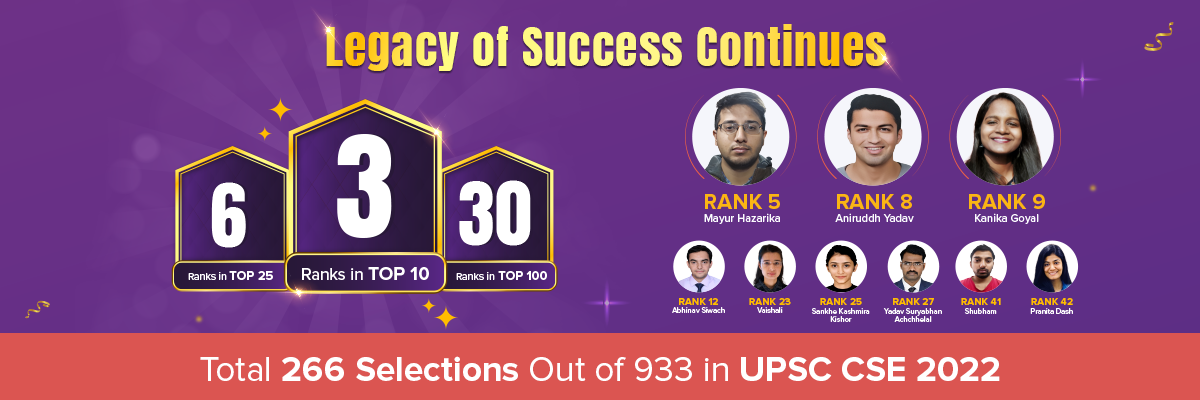The labour government formed under Ramsay MacDonald in 1929 found the Simon report inadequate. This led to a decision of having round table conferences in London in response to the Simon report.
The first round table conference was conducted from 12 November 1930 to 19 January 1931. Majority of the leaders from the Indian National Congress could not participate in this conference due to Gandhi’s Civil Disobedience movement. However, the results obtained from the 1st round table conference were minimal.
To know more about the 1st round table conference in detail, check the linked article.
Second and Third Round Table Conferences (UPSC Notes):- Download PDF Here
Second Round Table Conference (September 1931- December 1931)
The Second Round Table Conference was held in London from 7 September 1931 to 1 December 1931 with the participation of Gandhi and the Indian National Congress.
Participants of the Second Round table conference
- British delegates belonging to various political parties including the British Prime
Minister, James Ramsay Macdonald. - Indian princely states represented by Maharajas, princes and divans.
- British Indians represented by:
Indian National Congress (INC) – Mahatma Gandhi, Rangaswami Iyengar, Madan
Mohan Malaviya - Muslims – Md. Ali Jinnah, Aga Khan III, Muhammad Iqbal, etc.
- Hindus – M R Jayakar, etc.
- Depressed classes – Dr B R Ambedkar
- Women – Sarojini Naidu, etc.
- Liberals, Justice Party, Sikhs, Indian Christians, Parsis, Europeans, Anglo-Indians,
industry, labour, landlords, Burma, Sindh and other provinces.
Outcome – Second Round Table Conference
The session started on 7 September 1931. The major difference between the first and the second conference was that the INC was participating in the second one. This was one of the results of the Gandhi-Irwin Pact.
Another difference was that unlike the previous time, British PM Macdonald was heading not a Labour government, but a National government. The Labour Party had been toppled two weeks before in Britain.
The British decided to grant a communal award for representing minorities in India by providing for separate electorates for minority communities. Gandhi was against this.
In this conference, Gandhi and Ambedkar differed on the issue of separate electorates for the untouchables. Gandhi was against treating untouchables as separate from the Hindu community. This issue was resolved through the Poona Pact 1932.
The second round table conference was deemed a failure because of the many disagreements among the participants. While the INC claimed to speak for the whole of the country, other participants and leaders of other parties contested this claim.
Third Round Table Conference (November 1932– December 1932)
The third Round Table Conference took place between 17 November 1932 and 24 December 1932.
Participants of the Third Round table conference
- Only 46 delegates in total took part in this conference.
- The INC and the Labour Party decided not to attend it. (The INC wasn’t invited).
- Indian princely states were represented by princes and divans.
- British Indians were represented by the Aga Khan (Muslims),
- Depressed classes
- women, Europeans, Anglo-Indians and labour groups.
Outcome
Not much was achieved in this conference also. The recommendations of this conference were published in a White Paper in 1933 and later discussed in the British Parliament. The recommendations were analysed and the Government of India Act of 1935 was passed on its basis.
Second and Third Round Table Conferences (UPSC Notes):- Download PDF Here
UPSC Preparation:


Comments